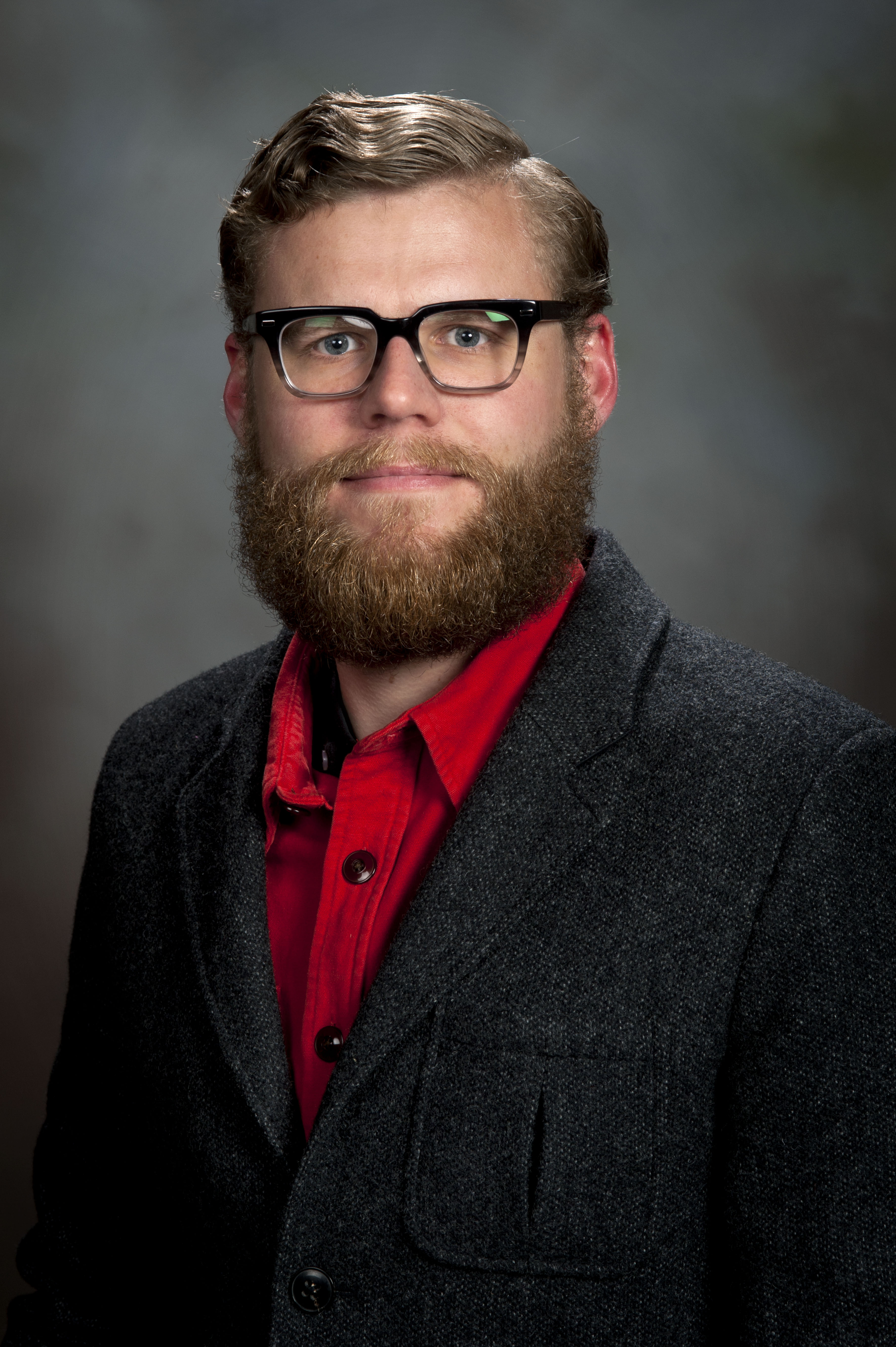Graduate profile: Doctoral student researches word sounds and consumer behavior

Substituting words that sound the same but differ in meaning is a common occurrence — people often write “their” when they mean “there” or “roll” instead of “role.”
But can simply reading the word “bye” lead individuals to pay more to “buy” something? Does reading the word “right” influence how much people “write”?
How consumer judgment and behavior can be affected by words that have similar pronunciation but different spellings and meanings — words known as “homophones” — is the focus of a research project by Derick Davis, of Cambridge, Maine, a doctoral student who will receive his degree in marketing from the Pamplin College of Business later this month.
“My primary research interest involves reading and how word sounds can influence consumer evaluations, judgments, and behavior,” says Davis, will start a new job as an assistant professor at the University of Miami this fall.
His research on homophones and consumer behavior, Davis says, builds on theories of reading processes and comprehending written information as well as “priming” — reading about a rude person, for example, “can activate the concept of rudeness in the minds of readers and make them more likely to later judge someone else’s ambiguous behavior as being rude.”
Reading is a complex process, containing both automatic and controlled cognitive processes, he says. “When most people read, they subvocalize, or speak silently. In initial reading processes, subvocalized word sound, not word spelling, activates meaning in our memory.”
Reading one homophone can activate concepts related to the complementary (unread) homophone and influence later judgment if a secondary corrective process fails to suppress the meaning associated with the unread homophone. This effect, Davis says, is more likely to occur when consumers are mentally distracted.
“For example, when individuals read and subvocalize ‘bye,’ meanings of both ‘bye’ and ‘buy’ are accessed from memory. Skilled readers are usually not confused and suppress or ignore the meaning of ‘buy.’
“However, when readers are distracted, it becomes difficult to suppress ‘buy’ meanings now activated in their mind, and if a buying situation is encountered soon thereafter, people may ‘buy’ more, because reading ‘bye’ has primed them to think about buying.”
Davis’ conclusions were based on seven experiments, each involving about 50-300 participants. In one study, with 110 participants, those who first read a travel blog ending with “bye bye” were willing, in a second task, to pay more for a restaurant “name-your-own price” dinner package if they were mentally distracted.
In another experiment, participants who were asked to move their laptops as far right as possible while working on an essay wrote more than others who were asked to move left or to center. “Move right” participants who also had to focus on the right side of their body during the essay wrote the most. “They wrote more words despite being under this cognitive load and having financial incentive to minimize the time on the task, as they were paid the same flat rate as all the other participants.”
The results of his studies, Davis says, represent the first demonstration of the influence of homophones on behavioral and perceptual priming.
Davis has presented his research paper, “Hard to Right and Easy to Bye: Priming Consequences of Reading Homophones,” co-authored with his advisor, Pamplin marketing professor Paul Herr, at several conferences.
Selected as an American Marketing Association–Sheth Foundation Doctoral Consortium Fellow in 2011, Davis received Pamplin’s 2013 Outstanding Doctoral Student Award and Virginia Tech's 2013 Outstanding Graduate Student Award.
Davis earned a bachelor’s degree in engineering at Kettering University and an MBA at Boise State University. Kettering’s co-operative education program gave him manufacturing work experience at an automotive supplier, where he designed and built parts for assembly machines, and at a company making custom machines for pharmaceutical research or industrial production.
After his MBA, Davis worked full-time as a category manager for a consumer packaged goods broker before deciding to pursue a doctorate.




